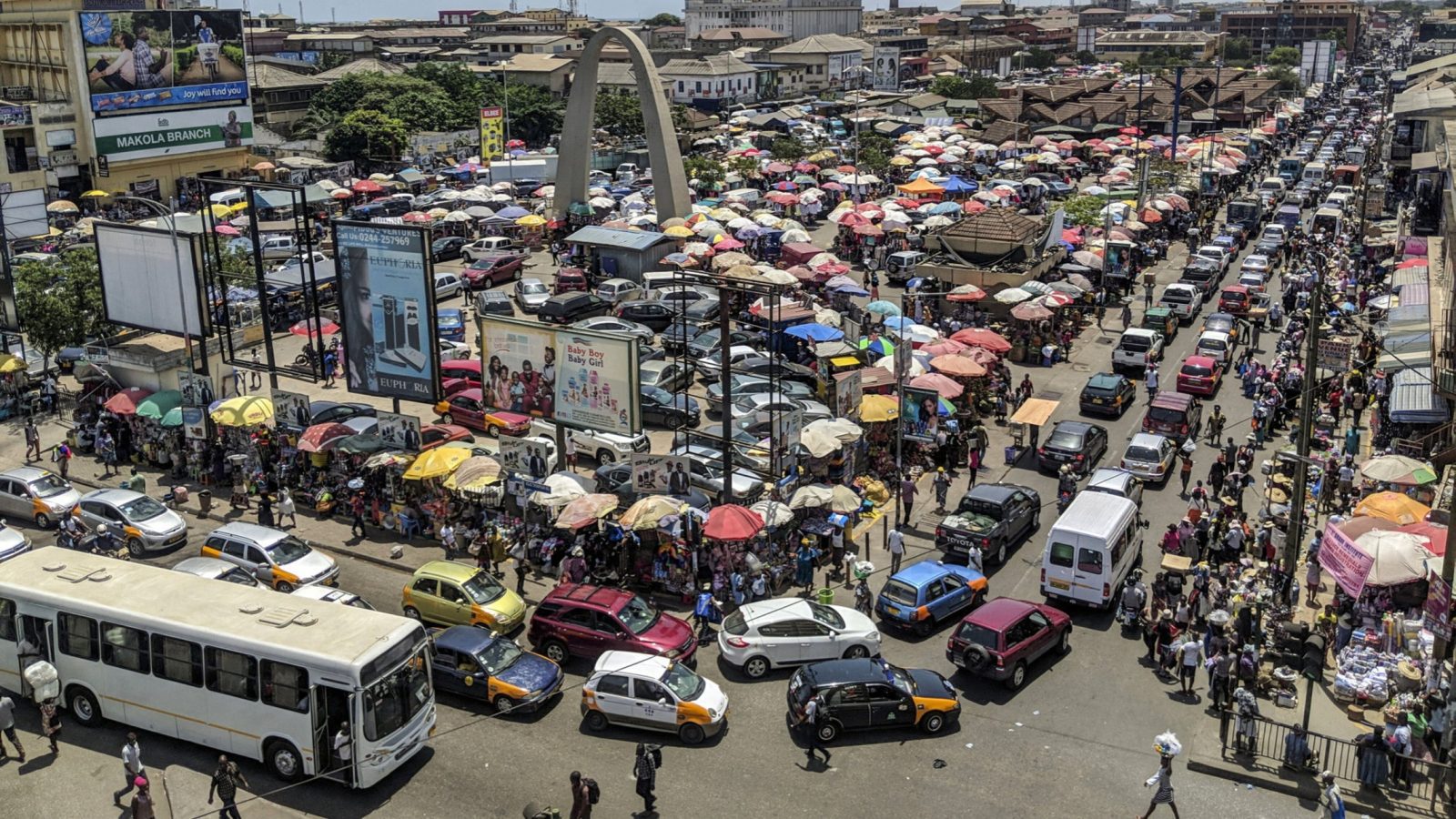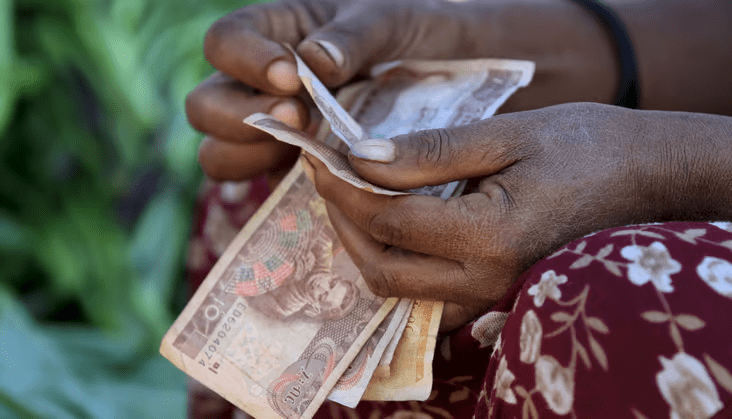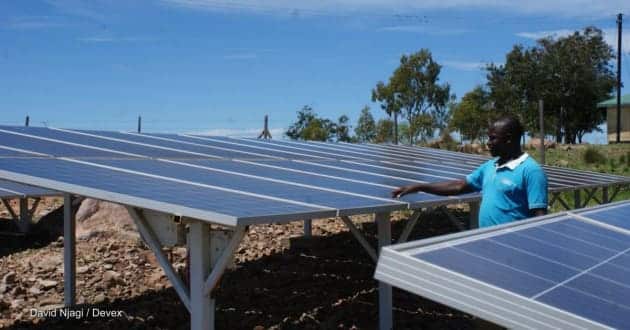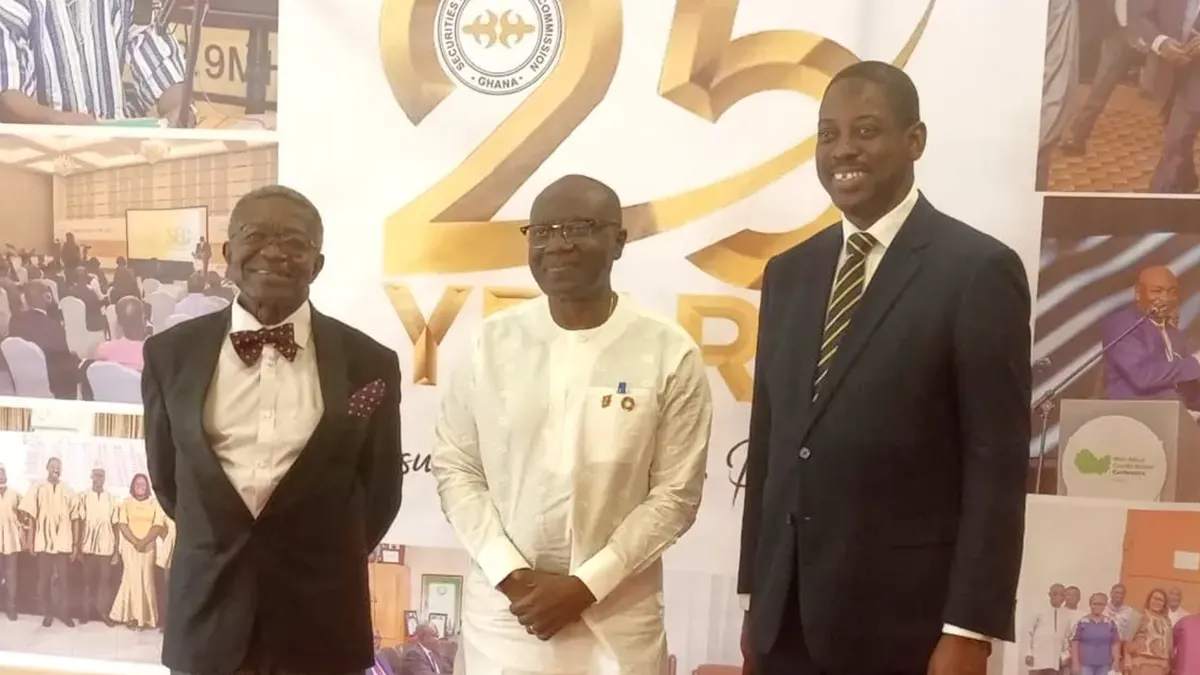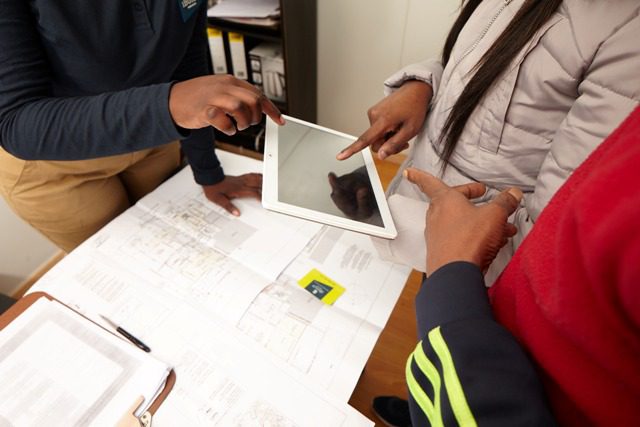With the framework in place, it is a matter of when, not if, the government will issue a green bond, and experts estimate it may be very soon as no hurdle now stands in the way. Green bonds allow public and private institutions to raise finances to be used specifically for environmental projects that help with climate change mitigation and adaptation.
Through the framework, the government specified the kind of projects that will benefit from the proceeds of a green bond, should it float one, focusing on programmes that will boost Kenya’s environmental sustainability.
“Proceeds of the Kenyan Sovereign Green Bond will be used to finance in whole or in part eligible green assets or projects that are to bc identified from the approved National Budget by Parliament,” states the framework. Some of the projects earmarked to benefit from the financing are sustainable water and wastewater management systems, which are expected to increase supply of water to farmers, households and industry, solving one Of the most widespread challenges associated with climate change today.
Other projects will be in renewable energy, projected to reduce the energy access gap; clean transport, including the much anticipated bus rapid transport (BRT); and green residential and commercial buildings to boost energy efficiency.
Green bond
Experts who worked on the framework say it was built on the International Capital Markets Association’s (ICMA) green taxonomy — a standard on what kind of projects can benefit from funds raised from a green bond. Mr Evans Osano, the Capital Markets Director at Financial Sector Deepening (FSD) Africa, which helped in the development of the framework, explains that
The framework also specifies how the government will select and evaluate projects, how the proceeds will be managed and how the impacts of the investments made from the proceeds will be reported. “Credible, science-based, widely supported guidelines about what assets or projects qualify for green bonds help investors make informed decisions about the green credentials of a bond,” says Vimal Parmar, a senior capital markets specialist at FSD Africa.
This means that unlike traditional bonds, green bonds require a much higher level Of transparency about the use Of the funds raised from them, a factor which has been a double-edged sword for the growth of the green bonds in Africa.
While the idea of green bonds is not new, it has remained an elusive concept for African governments. Since its inception in 2008, only two African countries have so far successfully issued sovereign green bonds.
Nigeria was the first country to float such an instrument in 2019, raising $40 million (Sh6.5 billion), followed by Egypt, which raised $750 million (Sh127 billion) in 2020. Globally, 32 countries have issued green bonds, raising around $355.6 billion (Sh57.2 trillion), of which only 0.2 percent has come to Africa, data from the ICMA shows.
Mr Osano believes that the slow issuance in Africa is because “the requirements are quite onerous; therefore, issuers have to be prepared to meet them”. It is not yet clear how much Kenya will seek to raise from the market in the expected first issuance of a green bond, or whether the bond will be floated locally or on the international market, like a Eurobond. However, the climate finance gap is currently estimated at Shll.16 trillion (S69 billion), which is the amount required to meet Kenya’s Nationally Determined Contributions (N DCS) — the country’s climate change mitigation and adaptation commitments — by 2030.
Osano avers that while green bonds may not raise the entire deficit, they are the most important form of climate finance, as “it has the potential to raise the highest amount for climate finance.” I le estimates that up to 75 per cent Of the gap, about Sh8.7 trillion, could be raised from green bonds by 2030.
Ikechukwu Iheagwarn, East Africa regional director at credit rating agency, contends that green bond investors are indeed more concerned with the environmental impact of the finances they raise, rather that the returns, making green bonds much cheaper than traditional bonds.
“Investors in a green bond won’t look at it like a conventional bond. They look at the expected impact and gives concessional terms, so it will definitely be cheaper than other bonds,” says Mr Iheagwam.
Green bonds market
Today, the global green bonds market is estimated to be worth S 2.2 trillion, more than a tenfold increase from what it was worth about ten years ago, positioning the facility as a leading source of climate finance for African countries. With Kenya now much closer to issuing the financial market product that ever, experts contend that it won’t just be a source Of funds for ‘government
projects, it is expected to bolster economic growth, save lives, livelihoods, and businesses, which are already bearing the brunt of climate change.
“Without the green finance from green bonds, no African country will meet the net-zero emissions goal nor the sustainable development goals. We need the finances to realise those goals,” said Rachel Antwi, head of sustainability at Pan-African lender EcoBank. “Climate change has severe consequences over the short to medium term across multiple sectors, such as agriculture, industry, energy, water, trade and tourism. If we don’t act now, it will impede Kenya’s vision to be a nation that has a clean, secure and sustainable environment by 2030.” Explains ESD Africa’s Parmar.
“Ihe National Treasury estimates that every year, floods alone erode 2 to 2.1 percent of Kenya’s gross domestic product, and droughts cost the country about pollution, general environmental degradation and other challenges which either stem from climate change or increase the country’s vulnerability to climate shocks.
Read original article

